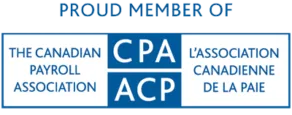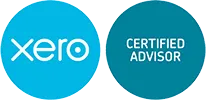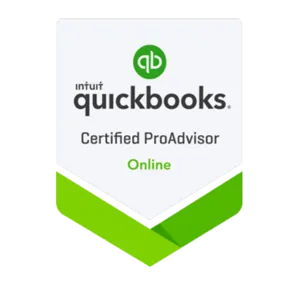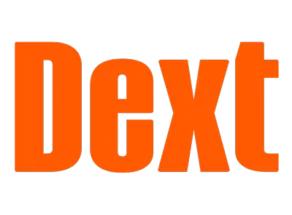OUR BLOG
Your hub for insightful and actionable content to help you unlock the potential of your business.
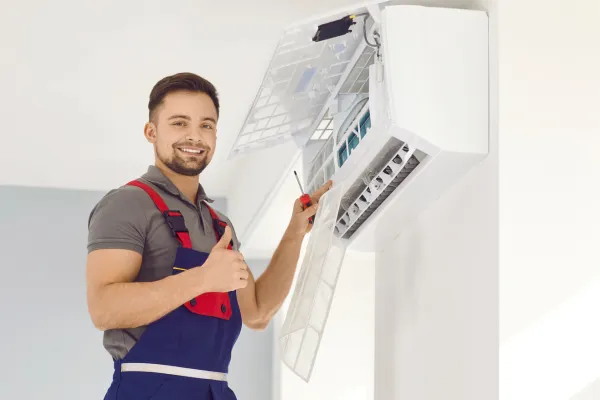
Tax Deductions Self-Employed Contractors Should Know
Independent, self-employed, free agent or whatever term you use, you have to fit the criteria to be considered an independent contractor when it comes to taxes. The requirements as set out by the Government of Canada include:
The worker hires helpers to assist in the work. The worker pays the hired helpers
The worker does a substantial amount of work from their workspace and incurs expenses relating to the operation of that workspace
The worker is hired for a specific job rather than an ongoing relationship
The worker is financially liable if they do not fulfil the obligations of the contract
The worker does not receive any protection or benefits from the payer
The worker advertises and actively markets their services
So basically, if you set your terms, decide how and when to do the work, have no one overseeing your work, and provide your services to different payers, you are considered self-employed or an independent contractor.
There are a wide variety of expenses that you can claim as an independent contractor. But as you gather all your tax information, here are a few items to not forget about.
1. Home Office
According to the Canada Revenue Agency, you can deduct expenses for the business’ use of space in your home as long as you meet one of the following criteria:
It is your principal place of business
You use the space only to earn your business income and regularly meet your clients, customers, or patients.
So, if your home office takes up 10% of the total floor space, you can deduct 10%. Here is a list of items to consider when claiming your home office:
Home insurance
Utilities
Home maintenance costs
Cleaning materials
Property taxes
Depreciation expenses on fixed assets
Mortgage interest (if you own your home)
2. Vehicle
Particularly for self-employed people, your vehicle is one of your most essential tools. It enables you to meet with clients and customers onsite, gets you to and from supply stores and ensures you can be where you need to be when you need to be there. To make it easier, here is a quick list to follow when gathering your vehicle expenses together:
Gas receipts
Toll charges
Repair invoices
Parking expenses
Vehicle insurance statement
Vehicle depreciation (you may need help with this one, let us know)
3. Technology
Specifically, we are talking about your computers and software. You probably have several software programs that are now monthly costs to your business. It is important to collect this information as well as any receipts for new computer hardware.
The good news in this category is that computers can be deducted for up to 55% per year, and software is 100% (spread over two years).
4. Meals & Entertainment
The most you can deduct for meals is 50%. When it comes to meals and entertainment, we have a couple of pro tips for you:
Only claim expenses when you are meeting with clients, suppliers and prospects. Note on the back of the receipt who you were meeting with to avoid future confusion.
Keep your receipts, yes, even the itemized ones.
If you have lost your receipts, don’t worry. The Canada Revenue Agency does offer a simplified claim formula, you can use. A shoutout to our long-haul truckers out there who have a higher claim rate of 80%.
5. Supplies and Tools
Tools of the trade, as they call them, are any tool or supply item you require to complete your job. This can range from office supplies for administration to adding a new tool to your toolbox. Most of these receipts should be with your bookkeeper already but if they aren’t, gather them up!
6. Travel
Travel deductions, unfortunately, this does not include a tropical party vacation. This deduction is for any travel expenses incurred to earn your professional income. The receipts you will need to have include the following:
Ticket (airfare, train)
Accommodation (hotel, Airbnb)
Transportation (taxi, car rental, bus, subway)
Pro Tips for Deductions for Independent Contractors
We do have a few tips that will help you stay organized and take advantage of all of the tax deductions that apply to your business:
Keep your receipts organized all year to avoid the stress of rushing. Get them into your bookkeeper as soon as possible so you won’t have to keep track of them.
Ensure that your bookkeeper keeps current with tax changes and certifications.
If you do your taxes yourself, check out the Canada Revenue Agency to ensure you follow the deduction guidelines.
If you want to make sure you are taking advantage of your deductions, we are here to help. Contact us, today.


